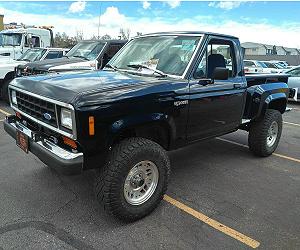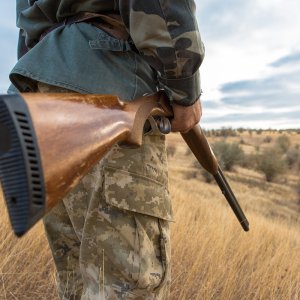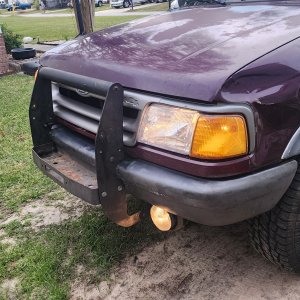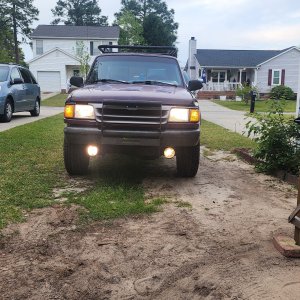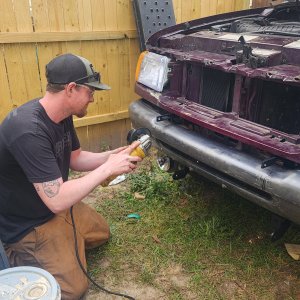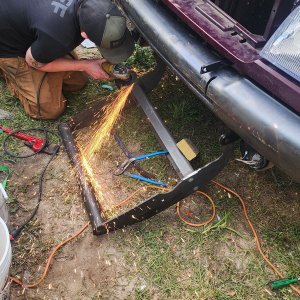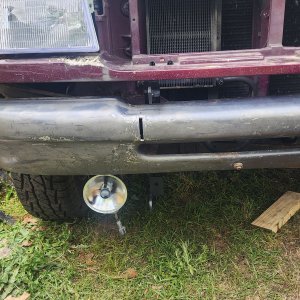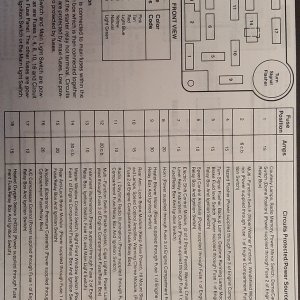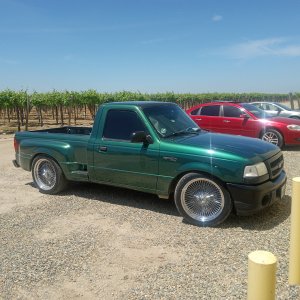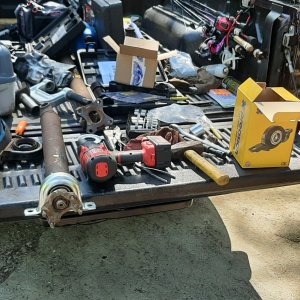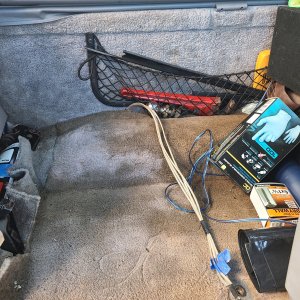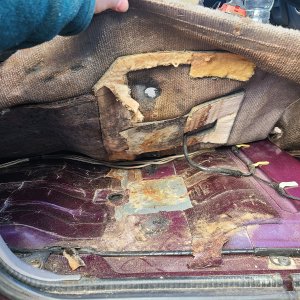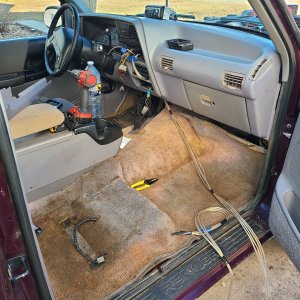Shawnie_leaf
New Member
- Joined
- Apr 25, 2021
- Messages
- 1
- Reaction score
- 0
- Points
- 1
- Location
- Westminster, CA
- Vehicle Year
- 1999
- Make / Model
- Ford Ranger
- Transmission
- Automatic
Need help! I have a Ford Ranger (1999, V6 3.0L, Fuel Flex Engine) that is making a popping sound when I am accelerating the engine. Originally, I had a really rough idle and decrease in power when accelerating (no code). I brought it to a mechanic (spent $280) and he said that he thought that the problem was with the fuel injectors and suggested that I replace them (so I did).
Now, it feels like the problem is worse! Driving is rougher, still has a decrease in power, and now there is a popping sound that is coming out of the air intake?!?!? Any idea what is going wrong?
Now, it feels like the problem is worse! Driving is rougher, still has a decrease in power, and now there is a popping sound that is coming out of the air intake?!?!? Any idea what is going wrong?

